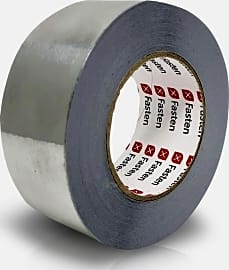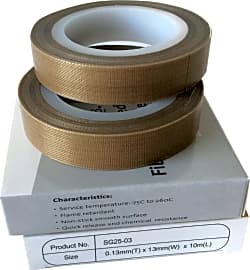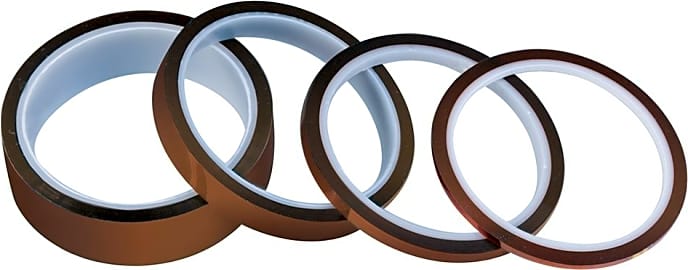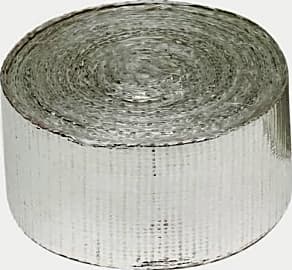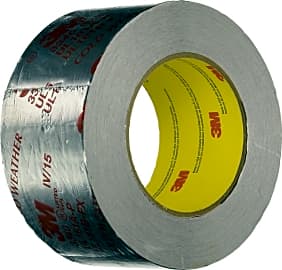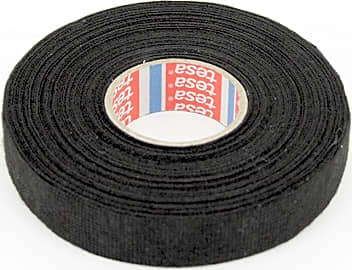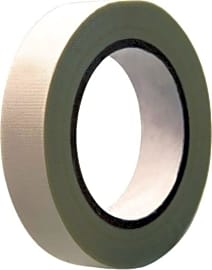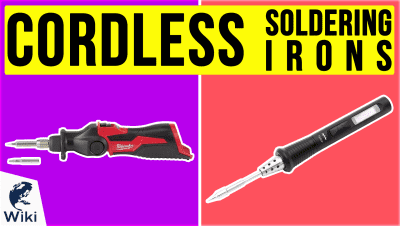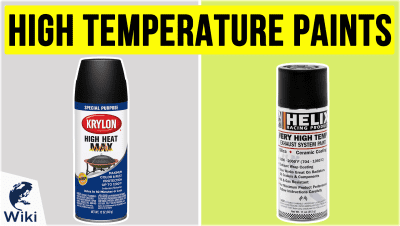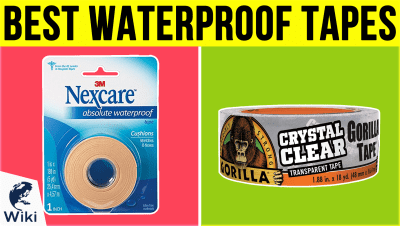The 8 Best High Temperature Tapes

This wiki has been updated 29 times since it was first published in April of 2018. Just because something gets hot, doesn't mean you shouldn't be able to repair it easily. These high temperature tapes offer you a slew of options for a wide variety of applications, including use on heating equipment, insulation on electrical components, and automotive work. We've ranked them here by their heat resistance, versatility, and durability, especially in harsh environments. When users buy our independently chosen editorial picks, we may earn commissions to help fund the Wiki.
Editor's Notes
April 29, 2020:
Added the Maxwel 51217 and the Heatshield Products Thermaflect.
Back when I got started working on cars, when I had to splice or repair some wire harness, I immediately went to regular vinyl electrical tape because it was the simplest and most readily available option. I could essentially count on that tape unraveling within days or weeks. Electrical tape is well known for its poor performance - particularly when exposed to even mild heat. The adhesive and the vinyl itself quickly break down and form a gooey mess that needs to be removed and replaced. Eventually I switched over to cloth electrical tape like the Maxwel 51217 with much better results. The average engine bay will reach temperatures of about 130 degrees Fahrenheit or even close to 200 depending on the proximity to the engine block so you'll definitely need to use cloth tape if you want your joints to last.
It is important to develop good habits in whatever it is you do. Given the availability of high-quality cordless soldering irons, there is no excuse for not reinforcing your wire joints with some solder. Simply twisting the wires together produces an acceptable mechanical connection but it does nothing to minimize the current loss. So if you care about the quality of the work you produce, you should be soldering.
High-temperature tapes are often used on systems that produce a lot of heat and exhaust gases. Particularly when dealing with furnaces or HVAC flue pipes, it is extremely important to make sure the piping is adequately sealed by the tape to avoid exposure to exhaust fumes and minimizing the risk of fire.


